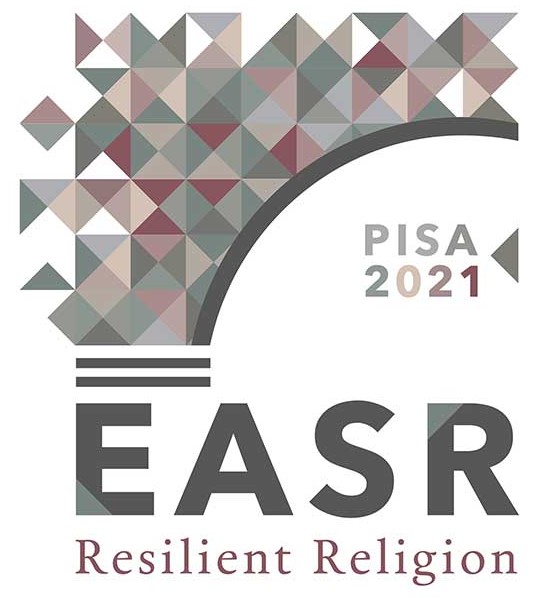Resilient Visual Mosaics: transformation processes in Arts and Religions
The History of Religions can be analyzed in the light of numerous sources, being one of the main sources remains of material culture that make up the set called Arts. The different modes of artistic expression in societies provide a wealth of information, particularly in the context of religions and how they are practised. In this open panel, we propose a study of the religious phenomenon from different artistic and historical perspectives, with special interest in the so-called “intermediate spaces”. These “intermediate spaces” refer to those moments of transformation, change, and continuity that have been an important milestone in the history of humanity and, in many cases, have given way to the generation of religious systems. The “intermediate spaces” must be considered from a human character and the agency capacity of people who will cause a set of changes that affect, to a great extent, the ways of social life, economy, health, etc. and that, as a consequence, point to a change in mentality.
The breadth of cultural contexts also helps us to understand the real dependence that exists between nearby religious systems and that find a common visual thread in Arts. Thus, from the binomial Arts and Religions, where essentially the first concept has been subordinated to the second, we propose a change of factors: to study the changes that affect religions and their adaptation -resilience- to new needs through Arts. The artistic manifestations and their coexistence in real, marginal and popular spaces allow approaching Arts as living elements, artistic mosaics that reflect the rupture or cultural continuity in a clear way if the eyes are educated to see, not only the iconographic or aesthetic element but the mullions.
This open panel will accept research that addresses different periods and cultural contexts, from ancient times to the present, as well as different fields of knowledge (e.g., History, History of Art, Archaeometry, Archaeology, Religious Studies, Anthropology, Sociology, Literature), in order to promote transdisciplinarity and fruitful intercultural dialogue.
Cristina Expósito de Vicente: cristiex@ucm.es
